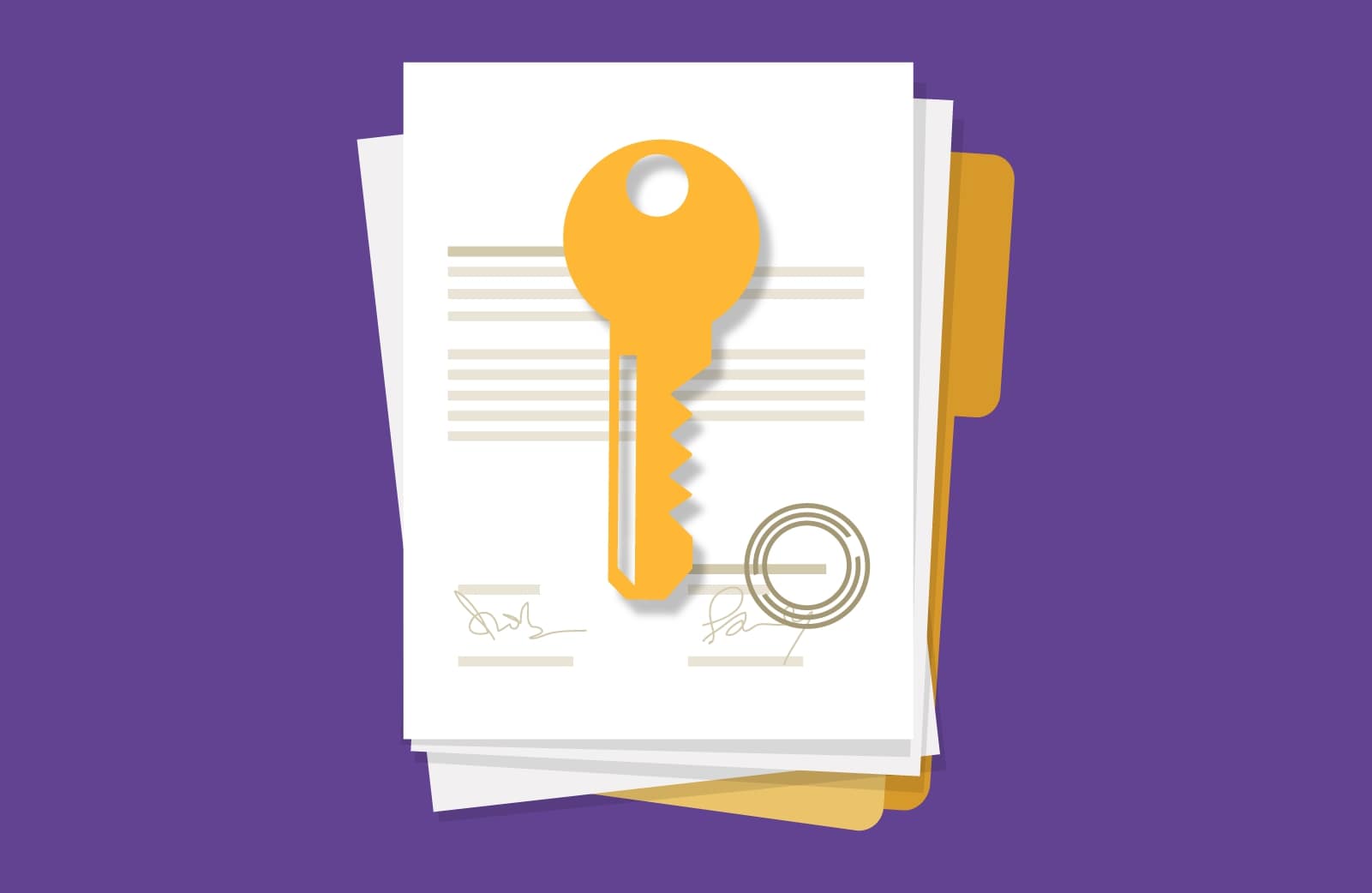When it’s time to either review a new critical vendor contract, or start negotiation terms for an existing one, there are some specific provisions you’ll need to be on the look for in order to make sure you’re minding your p’s and q’s when it comes to compliance with industry regulations and standards. So, what should you be looking for?
6 Key Standards for Your Vendor Contracts
The following are six key contractual standards vendors should provide information around:
1. Clear definitions around vendor services and both parties' responsibilities
- Services to be provided along with a timeframe for conversions, implementation, training, etc.
- Provisions for modifying new and/or existing products or services
- Key responsibilities, such as: data integrity/security, cost related to purchasing/maintaining software or hardware and minimum system requirements to support the services offered
2. SMART (Specific, Measurable, Accurate, Reasonable, Time-bound) service levels
- Standards by which the services(s) will be measured
- Functionality and availability the vendor is committed to providing
- Reporting methods and frequency of such reports
- Rights and remedies for failure to meet standards
3. Due diligence documents and audit reports
- Routine due diligence as well as, when needed, processes and procedures for security breach/incident response and business continuity/disaster recovery – updated as appropriate
- Annual SOC Report or equivalent internal controls audit
- Certificate of insurance
- Financial reports
- Other due diligence items based on the product or service being outsourced, as well as the level of risk
4. Information security and confidentiality of your data
- Agreements around providing policies and procedures to meet the data security objectives of the GLBA
- Security of non-public personal information (NPPI)
- Protection against unauthorized access and have mitigation plans in place in the event of security breach
- Provisions for proper disposal or return of confidential information and data
- Any post-termination rights to use confidential information, particularly customer data
5. Business continuity and disaster recovery plans
- Maintenance of policies and procedures in compliance with regulations
- Proof of independent testing requirements that demonstrate ability to meet sufficient recovery objectives
- Established recovery times for the return of critical business functions
- Cyber resilience
6. Identifying sub-contractors and primary service providers
- Identification of any sub-contractors and ensure the relationships are in accordance with industry guidance and with your own standards
- Responsibility for all contractual obligations
- Monitoring and oversight of their sub-contractor’s operations (your fourth parties)
- Sub-contractor’s due diligence documents upon request
By including these key provisions within your vendor’s contract, you are helping to ensure your organization and customers are both protected, and the contract is in compliance.
A well-managed process for handling all agreements with third parties from start to finish is essential. Ensure you’ve implemented these key provisions into your contracts.
Is your contract renewal coming up? Make sure you're prepared. Download the checklist.







.gif?width=1920&name=Sample-Graphic-Animation%20(1).gif)



